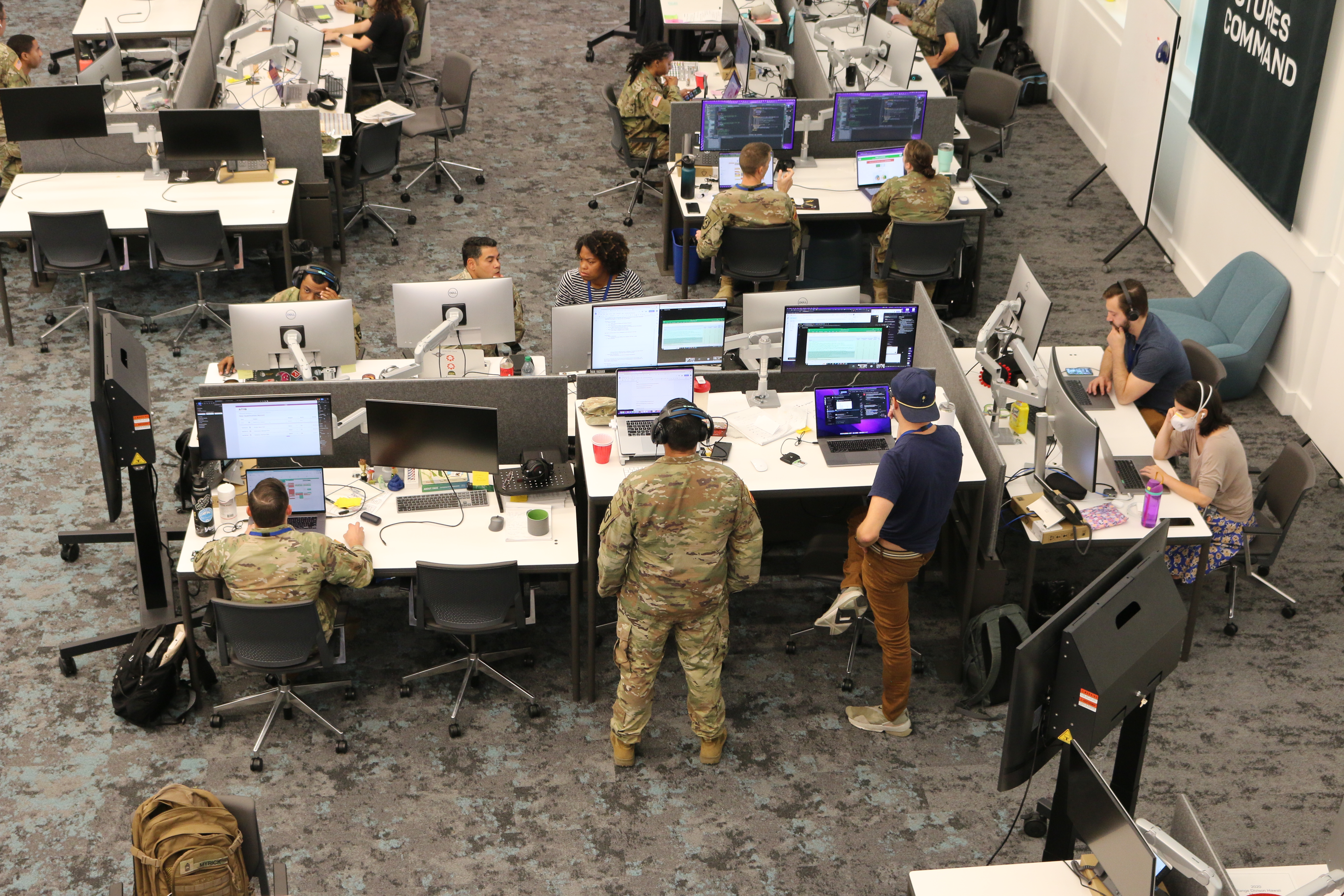
Unlike a lot of other martial arts, muay Thai has competition as its main focus, and everything you learn in Thai kickboxing will be taught in a way that gets you competition ready. The benefit is twofold.
First, training for competition forces you to be able to use your skills under pressure, making you ready to defend yourself on the street in the unlikely event that it’s necessary. Second, it’s very hard to train in muay Thai seriously without getting in great shape — because you need to be very physically fit to compete.
This raises a question: How will you know when you’re ready to compete? It’s a personal matter, and the answer depends on your background and your training situation.
There are three main criteria that are necessary before you fight. I will talk about them in order of importance. You must remember that your first fight will not be in an arena; it will most likely be in a gym with a bunch of people standing ringside, watching as you compete against another beginner from another gym. It will probably be part of some sort of exhibition.
My three criteria are ordered in accordance with what you need to be successful in that setting, not to win a Lumpinee title.
Fitness
Fitness is the most important aspect of fighting. Without being physically fit, you won’t be able to perform in the muay Thai ring. While some may argue that “fighting spirit” is most important, this is silly machismo speaking.
Somebody can come out swinging with confidence and aggression — and could well overwhelm a less-confident fighter in the early rounds. But if that person has no cardio, he or she will be able to last only a round. Then for the rest of the bout, the less-confident but much-fitter opponent will be able to take control.
How do you know if you’re fit enough to fight? By how well your cardio holds up during pad work and sparring.
As a general rule, if you’re unable to make it through at least six three-minute rounds on the pads and six full rounds of sparring, you’re not ready to fight. This might seem lofty for some, but the reasoning is simple: An actual fight with someone who is actively sapping your energy is twice as hard as pad work, which means you need to be able to exert energy for a period longer than your match.
If you’re able to last only three rounds on the pads, you will probably be able to make it through only one round of fighting before you run out of energy. So ideally, a beginner training toward his or her first bout should be able to manage the following:
• 3 rounds of skipping (3 minutes each)
• 6 rounds of pad work (3 minutes each)
• 3 rounds on the heavy bag (3 minutes each)
Then, in sparring, a beginner should be able to manage at least five full rounds — and preferably a sixth. If you’re training regularly and putting in the effort, this should be attainable in six months to a year.
Sparring Performance
I already mentioned that confidence in a fight isn’t necessarily as important as being in great shape. The reason is it’s highly unlikely for a beginner to knock out another beginner in their first competition.
However, your confidence in sparring is another good metric to measure how ready you are for a fight. Unlike fitness, which is tangible, sparring performance is subjective, and ultimately, your coach has to assess it based on how successful you are at implementing your style.
For example, a casual audience member might think that you’re timid because you don’t engage much in aggressive exchanges. An expert, on the other hand, might conclude that it’s not a matter of you being timid; it’s a matter of you being cautious and you perform well while being cautious.
As a general rule, someone is performing well in sparring if the person is able to immediately retaliate after getting hit. If the person takes a moment to collect himself or herself, the person isn’t ready. You need to be able to fire under pressure right away, and if you’re unable to do that when sparring against someone you know, you won’t be able to do it in competition against a stranger.
This is where brawlers tend to do the best. There are some people who just have the confidence to brawl it out, usually without much fitness or technique to back it up. In some ways, these people will have the easiest time.
Technique
The final aspect is probably the most controversial. Many will argue that you need great technique and strategy before you’re ready to fight. This isn’t true. All you need to fight are the fitness and confidence to do it.
Technique is important to having a proper career in a combat sport, but in their first exhibition, people with better technical skills but less sparring and fitness experience usually fall short against tougher, more athletic people.
I do want my fighters to be technically competent, however. Before a bout, they — and you — must:
• Have a proper stance
• Have a proper guard
• Be able to throw leg kicks competently
• Be able to punch competently
• Be able to teep competently
• Be able to clinch well enough to defend
Things like body kicks and advanced clinching can come about from further training. If you’re able to perform the techniques mentioned above with fluidity, that’s excellent — but I don’t think a fighter shouldn’t fight just because his or her body kick isn’t well-balanced yet. The person can always throw a leg kick.
The essential technique every Thai boxer should have is the teep. It will let you dictate and control the distance in a fight, and it will allow you to counter every technique your opponent can throw.
You Won’t Necessarily Feel Ready
A lot of people say, “You know you’re ready to fight when you feel ready.” The truth is you will never feel ready.
There will always be doubts, and there will always be nerves. People who aren’t nervous before a fight aren’t tough. They’re stupid.
I believe that if you meet all the criteria laid down in this post, you’re ready for your first fight — even if you don’t necessarily feel ready. Equally, there are many people who will think they are ready but shouldn’t get in the ring just yet, the aforementioned brawlers being a prime example.
Fighting is a deeply personal decision, but remember that in most situations, the worst thing that can happen is you lose. You’ll be embarrassed, but six months down the line, you won’t care. You’ll be glad you fought.
Muay thai training, Muay thai, Traditional martial arts
b’Black Belt Magazine’
[crypto-donation-box]







